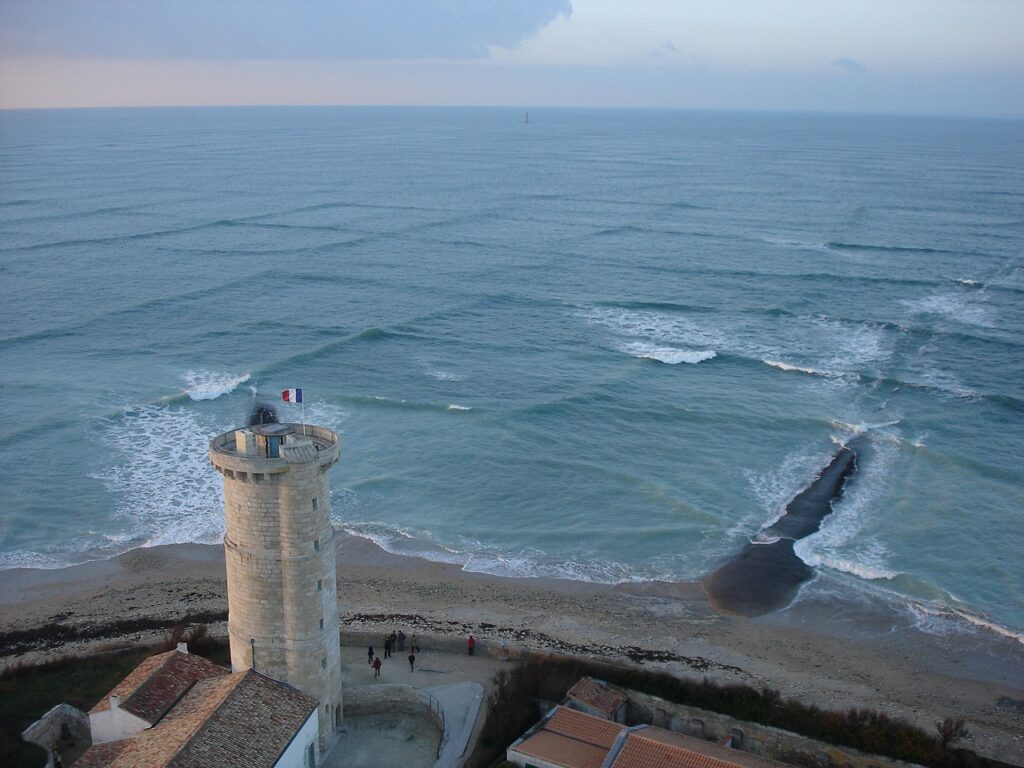A trip to the beach is what holiday fantasies are made of.
Lying in the sun with soft sand between your toes and water lapping against your feet is a magnificent image.
If you want to enjoy the ocean, remember to keep safe in it. Keep an eye out for waves and never turn your back on the sea.
You may be familiar with rip currents and fluctuating tides, but you may be unaware of the dangers of square waves.
Yes, this does happen, and it’s a stunning sight. However, it is also one of the most terrifying sights to see in the water.
A square wave, also known as a “cross sea,” is formed when two waves collide to form a square shape that resembles a checkerboard.

The European Space Agency stated in 2010 that “the conditions are quite common in the ocean and occur when a windsea and a swell, or two swell systems, coexist.”
According to a 2004 survey, “a large percentage of ship accidents occurred in crossing sea states.” [read more]
These square waves do not occur frequently, but when they do, they are usually near the coast.
The Île de Ré on France’s western coast is a fantastic site to watch them from a safe distance.
It can be difficult for boats and swimmers to navigate these cross-seas because they can create waves up to 10 feet high and shift the direction of the wind.
Again, this is quite unusual, but if it does occur, do not go out on a boat or swim in the water because it may be rough.
Instead, you may spend your time sunbathing on the sand or swimming in the shallow water until the weather improves. Then you can go swimming safely and without crowds.
What happens if you become entangled in a square wave?
When you’re in the water, you may not notice that the waves are arranged in a grid, but you will notice that the swells grow larger and you must swim against two opposing currents.
Swimming out too far in the first place is preferable, as is getting out of the water as soon as the waves become too large.
Square waves frequently endanger boats and ships further out, so stay in the shallows to keep safe.
[/read]


